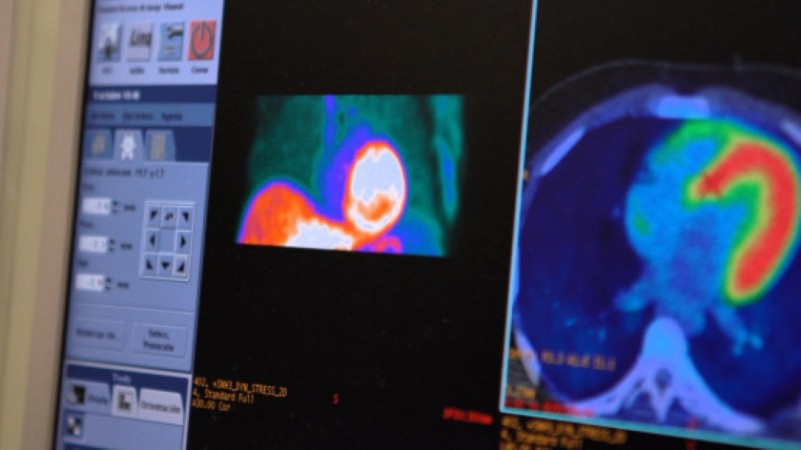 Positron emission tomography (PET) scans use radioisotopes to produce three-dimensional images from inside the body. (Photo: M. Klingenböck/IAEA)
Positron emission tomography (PET) scans use radioisotopes to produce three-dimensional images from inside the body. (Photo: M. Klingenböck/IAEA)The International Atomic Energy Agency (IAEA) has launched a groundbreaking collaboration with nine universities across the continent. Representatives from Algeria, Egypt, Ethiopia, Ghana, Kenya, and South Africa recently convened in Algeria to finalize a joint roadmap and action plan for the accreditation of a harmonized master's degree curriculum in radiopharmacy. This milestone agreement marks the inception of a new network of universities dedicated to delivering this critical curriculum.
Shaukat Abdulrazak, Director of the IAEA's Division for Africa, emphasized the importance of this initiative, stating, "This will allow more qualified and educated radiopharmacists and ensure the safety of the administration of radiopharmaceuticals in nuclear medicine in Africa."
The curriculum's primary goal is to equip students with the knowledge and skills required to meet the burgeoning demand for radiopharmacy services across the continent. Professor Mervat Kassem, Dean of the Faculty of Pharmacy at Alexandria University, underscored the global significance of this initiative. She highlighted that students will have the opportunity to "learn from and collaborate with experts from around the world."
To advance gender equality within the field, university representatives have agreed to introduce a mentorship program for young women in parallel with the master's degree in radiopharmacy. This program aims to provide support and encouragement to foster increased female participation in the field.
The IAEA has a strong track record of supporting radiopharmacy education in Africa, as demonstrated by the successful launch of Africa's inaugural master's program in radiopharmacy for French-speaking students in Rabat, Morocco, in 2019. This pioneering initiative has already produced radiopharmacists from several African countries.
The new master's program in radiopharmacy is poised to further bolster the continent's pool of qualified professionals, thereby contributing to enhanced public health, improved radiopharmacy services, and addressing the growing demand for non-communicable disease diagnosis in Africa.
Through its comprehensive education and training programs, the IAEA remains steadfast in its commitment to strengthening Member states' capacity in nuclear science and technology for socio-economic development. It underscores the pivotal role of radiopharmacy in advancing this mission and fostering a brighter future for Africa.
Article by RB Correspodent
Photo/IAEA

Comment